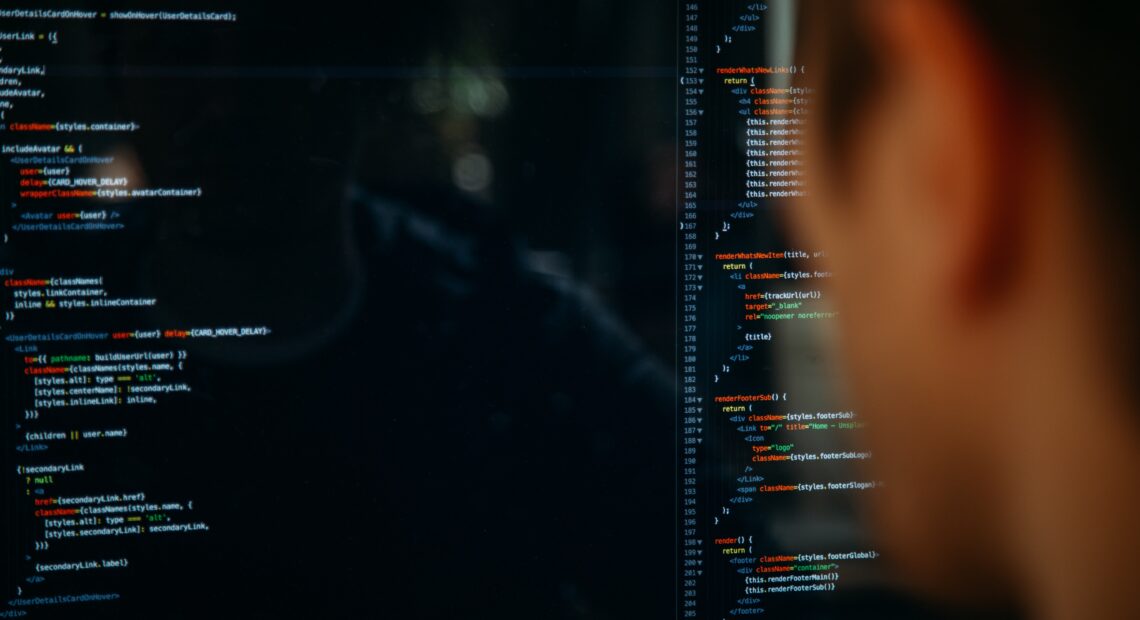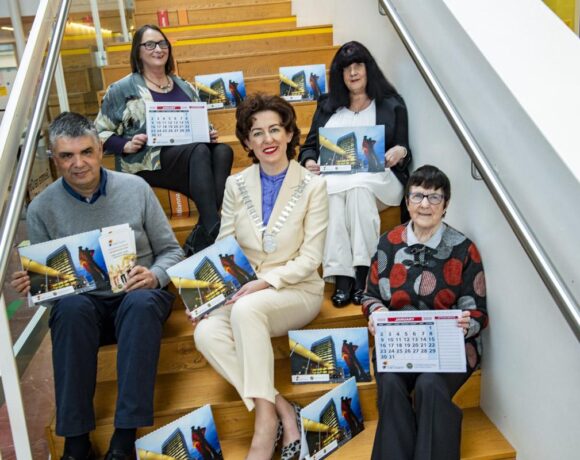The Dublin City University (DCU) School of Computing, in association with the Insight SFI Research Centre for Data Analytics, has launched a programme in Machine Learning for DCU undergraduate computing students, the first of its kind.
The new module, ‘Introduction to Machine Learning (in the real world)’, will engage students in the latest applications of Machine Learning in fields such as water quality, health, smart cities, autonomous vehicles, logistics, Fintech and AgriTech.
Machine Learning is a rapidly developing Artificial Intelligence (AI) application that enables systems to self-programme using learnings from patterns in large data sets. The technology is transforming decision making processes in fields ranging from manufacturing to retail, healthcare to law.
The Insight SFI Research Centre is a pioneer of data-driven courses for undergraduates. The Flourish module, led by Prof Alan Smeaton (DCU) and Dr Denise McGrath (UCD), supports students in harnessing their own data for mental wellbeing.
The course is coordinated by Dr Hilary Murray and features state-of-the-art Machine Learning projects from Insight’s team of researchers at DCU.
Dr Murray explains, “Machine Learning interacts with how we live today so fundamentally that we feel our researchers can provide insights to students on what jobs they can expect to be doing when they graduate. Machine Learning is a fast-evolving field. The best way to learn about its scope is through exploring the work of researchers using it now. The new module will offer DCU undergraduates a deeper understanding of the methods employed by data scientists, as well as a broader understanding of the real-world applications of Machine Learning. The students will learn when and how best to use the methodology and, most importantly, the ethics associated with using AI.”
Prof Tomas Ward, Insight DCU Site Director says, “we are leading the way in demonstrating how data can be used to solve real world problems, to build better futures and to learn more about our past and present. We are excited about this work and encourage undergraduate students to feel the same way. They are the future, they have the ideas, we can show them the tools.”
Source: Science Foundation Ireland













